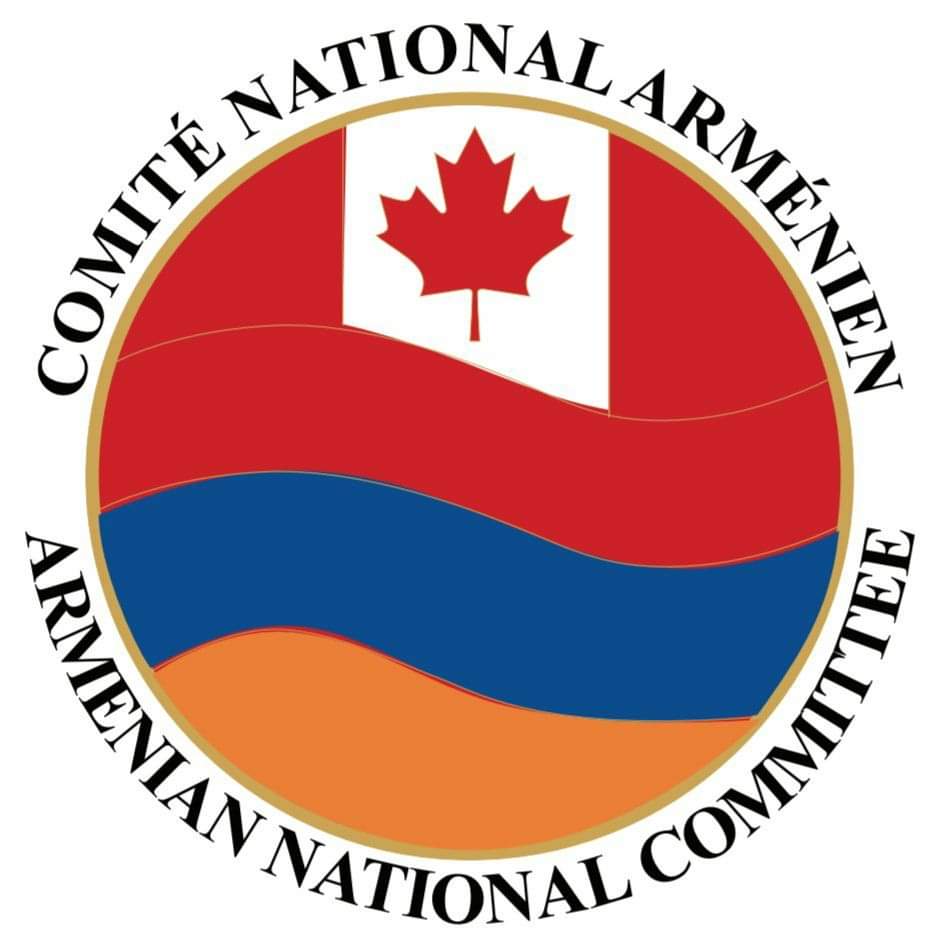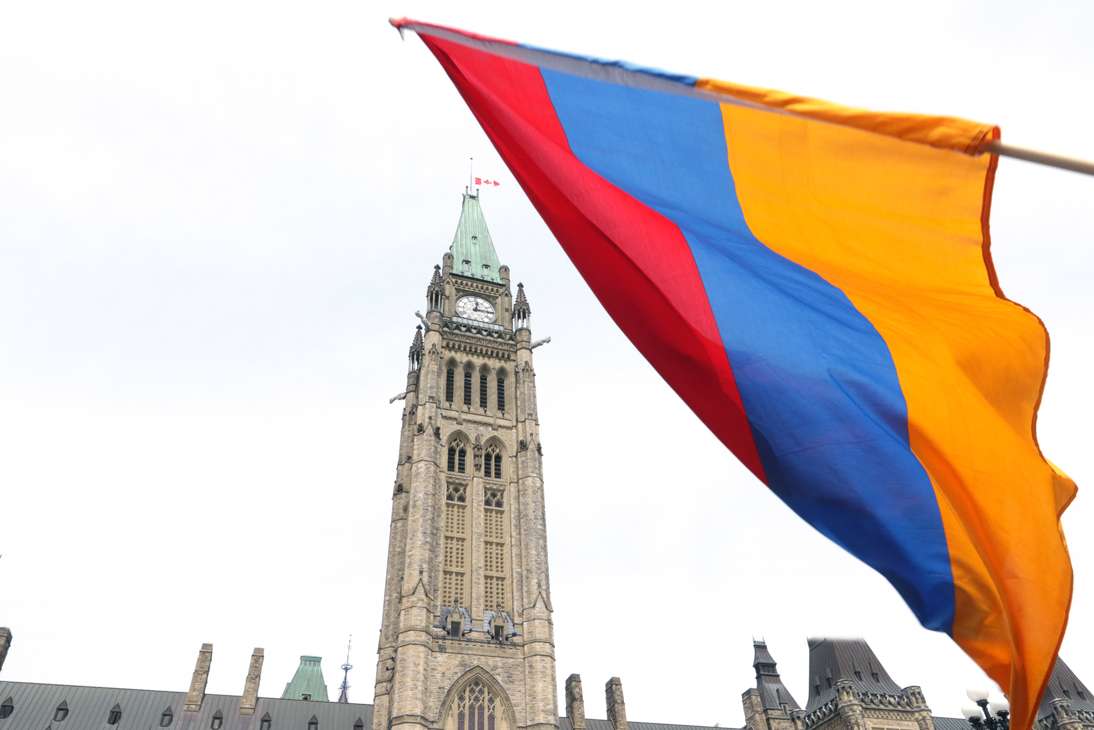Source: Freedom House
Freedom in the World 2012 Report
A series of antigovernment protests calling for democratic reform were violently dispersed in March and April 2011, and dozens of people, including opposition leaders and well-known journalists, were detained and jailed. The government acted aggressively during the year to quash political dissent, apparently fearing an uprising akin to those unfolding in the Middle East and North Africa. In June, high-level, Russian-mediated talks on the status of Nagorno-Karabakh ended in stalemate. Separately during the summer, the government forcibly evicted many Baku residents from their homes as part of a citywide redevelopment project.
After a short period of independence from 1918 to 1920, Azerbaijan was occupied by Soviet forces and formally entered the Soviet Union in 1922. Following a referendum in 1991, Azerbaijan declared independence from the disintegrating union.
In 1992, Abulfaz Elchibey, leader of the nationalist opposition Azerbaijan Popular Front, was elected president in a generally free and fair vote. A military coup one year later ousted him from power and installed the former first secretary of the Azerbaijan Communist Party, Heydar Aliyev, in his place. In the October 1993 presidential election, Aliyev was credited with receiving nearly 99 percent of the vote. Five leading opposition parties and some 600 independent candidates were barred from the first post-Soviet parliamentary elections in 1995, allowing Aliyev’s Yeni Azerbaijan Party (YAP) to win the most seats. In 1998, Aliyev was reelected with more than 70 percent of the vote in balloting that was marred by irregularities, and the YAP won fraudulent parliamentary polls in 2000.
Heydar Aliyev collapsed during a live television broadcast in April 2003 and left Azerbaijan that summer to receive medical treatment abroad. In June, his son, Prime Minister Ilham Aliyev, was officially nominated as a candidate for the October presidential election, and the elder Aliyev withdrew his own candidacy just two weeks before the vote.
Final election results showed Ilham Aliyev defeating seven challengers with nearly 77 percent of the ballots. His closest rival, opposition Musavat Party leader Isa Gambar, received only 14 percent, while six other candidates received less than 4 percent each. According to Organization for Security and Cooperation in Europe (OSCE) observers, the vote was again tainted by widespread fraud. After violent clashes between security forces and demonstrators in Baku in October, the authorities unleashed a crackdown against the opposition in which more than 600 people were detained. Among those arrested were election officials who refused to certify fraudulent results. Heydar Aliyev died in December 2003.
Less than half of all registered voters cast ballots in the 2005 parliamentary elections, the lowest voter turnout in a decade. The opposition captured just 10 of 125 seats in the Milli Majlis (National Assembly), with a substantial majority going to the ruling YAP and its allies. The results were contested by the opposition, which organized a number of rallies in the capital.
Aliyev easily won a second term in the October 2008 presidential election, taking 89 percent of the vote amid 75 percent turnout, according to official results. Most of the political opposition chose to boycott the poll, citing barriers to meaningful media access and the overwhelming influence of administrative resources deployed by the YAP. In March 2009, a constitutional amendment that removed presidential term limits reportedly passed a referendum with more than 90 percent of the vote, allowing Aliyev to run again in 2013.
The November 2010 parliamentary elections followed the established trend of increasing manipulation, and the YAP emerged with 71 seats, up from 61 in the 2005 polls. The remainder went to 41 independents and 10 minor parties, none of which garnered more than three seats.
In March and April 2011, a series of antigovernment protests calling for democratic reforms drew a harsh crackdown by the authorities. Demonstrations were violently dispersed, and dozens of people, including well-known journalists, youth activists, and opposition members, were arrested on dubious charges.
International mediators have failed to make progress on a final settlement for the disputed territory of Nagorno-Karabakh, a region of Azerbaijan that has been ruled by ethnic Armenian separatists since the early 1990s. In June 2011, the presidents of Armenia and Azerbaijan met with Russia’s President Dmitry Medvedev for talks that were hailed as the most important since the start of the conflict, but Baku refused the terms of a proposed agreement, and the negotiations ended in deadlock. No country or international organization recognizes Nagorno-Karabakh’s self-proclaimed independence.
Azerbaijan is not an electoral democracy. The country’s constitution provides for a strong presidency, and the parliament, the 125-member Milli Majlis, exercises little or no independence from the executive branch. The president and members of parliament serve five-year terms, and a 2009 referendum eliminated presidential term limits.
Elections since the early 1990s have been considered neither free nor fair by international observers. As with previous votes, the 2010 parliamentary balloting featured the abuse of state administrative resources, including news media, to ensure the dominance of the YAP. The OSCE also cited voter intimidation and the improper disqualification of some opposition candidates.
Corruption is widespread, and wealth from the country’s massive oil exports creates ever greater opportunities for graft. Because critical institutions, including the media and judiciary, are largely subservient to the president and ruling party, government officials are rarely held accountable for corruption. The 2011 crackdown on dissent in civil society further reduced the government’s exposure to outside scrutiny.
While Azerbaijan’s constitution guarantees freedom of speech and the press, the authorities severely limit press freedom in practice. Broadcast media, the main source of information for the vast majority of the population, generally reflect progovernment views. Most of Azerbaijan’s television stations are controlled by the government, which also controls approval of broadcast licenses. While there is more pluralism in the print media, newspaper circulation and readership are relatively small. Approximately 80 percent of newspapers are owned by the state. Independent and opposition papers struggle financially and have faced heavy fines and imprisonment of their staff. State-owned companies rarely if ever advertise in such papers. Those who supply information to opposition newspapers have at times been subject to threats and arrest. Local radio broadcasts of key international news services, including the British Broadcasting Corporation (BBC), Radio Free Europe/Radio Liberty (RFE/RL), and Voice of America, were banned in 2009.
Journalists are threatened and assaulted with impunity, and several have been jailed for defamation and other offenses. Newspaper editor Eynulla Fatullayev, who was jailed on a variety of dubious charges in 2007, was released in May 2011. Another editor, Avaz Zeynalli, was arrested in October 2011 and faced up to 12 years in jail on charges of blackmail and bribery. Journalists were beaten and detained during the spring 2011 protests. During one demonstration in April, around 30 reporters were restricted from covering the protest, and two Swedish journalists were arrested and later deported.
Internet-based reporting and social networking have increased significantly in recent years as a means of sidestepping government censorship and mobilizing protesters. The government has repeatedly blocked some websites featuring opposition views, and intimidated the online community through its harsh treatment of two bloggers who were jailed from 2009 to 2010 after satirizing the leadership. In 2011, the authorities monitored the internet use of protest leaders and proposed changing the criminal code to restrict internet access.
The government restricts the practice of “nontraditional” minority religions—those other than Islam, Orthodox Christianity, and Judaism—through burdensome registration requirements and interference in the importation and distribution of printed religious materials. A 2009 law required religious groups to reregister with the authorities and religious figures to be recertified. It also barred foreign citizens from leading prayers. A 2011 amendment to the law significantly increased fines for distribution of unapproved religious material and made leaders of unsanctioned religious services subject to multiyear prison sentences.
The authorities have linked academic freedom to political activity in recent years. Some professors and teachers have reported being dismissed for links to opposition groups, and students have faced threats of lowered grades for similar reasons. In April 2011, a student was expelled from Baku State University and banned from further study after participating in protests, and a university professor was demoted after criticizing the arrest of a youth activist.
The government restricts freedom of assembly, especially for opposition parties. The authorities unlawfully denied registration for the public protests in March and April 2011, a number of which were violently dispersed. Dozens of protesters were arrested, many on false or trumped-up charges. Among them were several well-known youth activists and opposition figures. In October, the head of the unregistered Islamic Party of Azerbaijan was given a 12-year prison sentence on charges of attempting to overthrow the government, having been arrested in January after denouncing the regime at a party meeting. Six other party members received similar sentences.
Legal amendments enacted in 2009 require nongovernmental organizations (NGOs) to register their grants with the authorities and foreign NGOs to reach agreements with the government before opening offices in the country. The rules have been used to put pressure on both local and foreign NGOs. In 2011, three local NGOs in Ganja were evicted from their offices without warning, and the local branches of two international NGOs were shut down for allegedly failing to meet registration requirements. The U.S.-based National Democratic Institute (NDI) was shut down in March but allowed to reopen in September pending negotiations with the government.
Although the law permits the formation of trade unions and the right to strike, the majority of trade unions remain closely affiliated with the government, and most major industries are state owned.
The judiciary is corrupt, inefficient, and subservient to the executive branch. Arbitrary arrest and detention are common, particularly for members of the political opposition. Detainees are often held for long periods before trial, and their access to lawyers is restricted. Police abuse of suspects during arrest and interrogation reportedly remains common; torture is sometimes used to extract confessions. Prison conditions are severe, with many inmates suffering from overcrowding and inadequate medical care. Detained protesters in 2011 reported ill-treatment in custody. Most were arrested arbitrarily, and were denied legal counsel in closed pretrial hearings.
Some members of ethnic minority groups, including the small ethnic Armenian population, have complained of discrimination in areas including education, employment, and housing. Hundreds of thousands of ethnic Azeris who were displaced by the war in Nagorno-Karabakh in the early 1990s remain subject to restrictions on their place of residence and often live in dreadful conditions.
As part of a citywide redevelopment project, the government evicted many Baku residents in the summer of 2011, forcibly removing and illegally demolishing the homes of those who refused to be resettled. Significant parts of the economy are controlled by a corrupt elite, which severely limits equality of opportunity. Supporters of the political opposition face job discrimination, demotion, and dismissal.
Traditional societal norms and poor economic conditions restrict women’s professional roles, and they remain underrepresented in government. Women hold 20 seats in the parliament. Domestic violence is a problem, and the country is believed to be a source, transit point, and destination for the trafficking of women for prostitution. A 2005 law criminalized human trafficking, but the U.S. State Department’s 2011 Trafficking in Persons Report placed Azerbaijan on its Tier 2 Watch List for the fourth consecutive year.
Azerbaijan received a downward trend arrow due to widespread attacks on civil society, including the unlawful detention and imprisonment of political activists, opposition members, and local and international journalists; restrictions on and violent dispersals of public protests; and unlawful evictions of citizens from their homes.
The numerical ratings and status listed above do not reflect conditions in Nagorno-Karabakh, which is examined in a separate report.
http://www.freedomhouse.org/report/freedom-world/2012/azerbaijan



